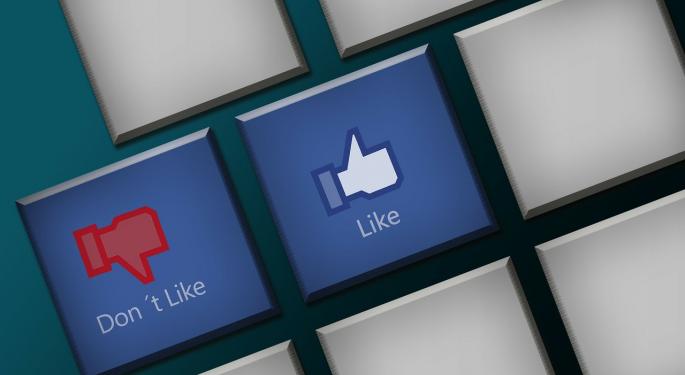Facial Recognition Lets Networks Know If Guilty Pleasures Are A Hit
Focus groups and consumer surveys can be an effective way for producers to gauge whether or not a new show is going to be a hit. Customers express interest and engagement in shows they like and have negative reviews for those they don't.
However, in the age of "guilty pleasure" TV shows, some networks are beginning to wonder if some of their shows could be hits even though viewers say they don't like them.
Faces Don't Lie
At BBC Worldwide, facial recognition software is being used to determine the validity of viewer's verbal responses and if they are telling the whole story about perspective shows.
The software has been able to determine that some of the shows viewers claimed to dislike actually produced emotional engagement that was evident based on their facial expressions. Executive Vice President of BBC Worldwide David Boyle said that type of data lets the company know that a particular show with a poor reception could be a guilty pleasure that will reach a wide audience.
Measuring Emotion
UK-based CrowdEmotion has been evaluating a wide range of international shows for the BBC through the use of facial expressions in order to determine how emotionally engaged viewers are.
The software allows a computer to recognize the markers of emotion on a particular viewer's face and then use that information to measure their interest in a program.
Opportunities For The Future
The technology could become the norm in the broadcasting industry and will likely make its way into the marketing arena as well.
CrowdEmotion can measure broad metrics like overall engagement, or the company can pinpoint exact emotions like happiness or fear. That kind of data could be useful for marketers looking to provide customers with positive brand imagery as well as network executives looking to discover new show possibilities.
Image Credit: Public Domain
© 2025 Benzinga.com. Benzinga does not provide investment advice. All rights reserved.
Posted-In: BBC Worldwide CrowdEmotion David Boyle emotional engagement entertainment psychologyPsychology Top Stories Tech Best of Benzinga



